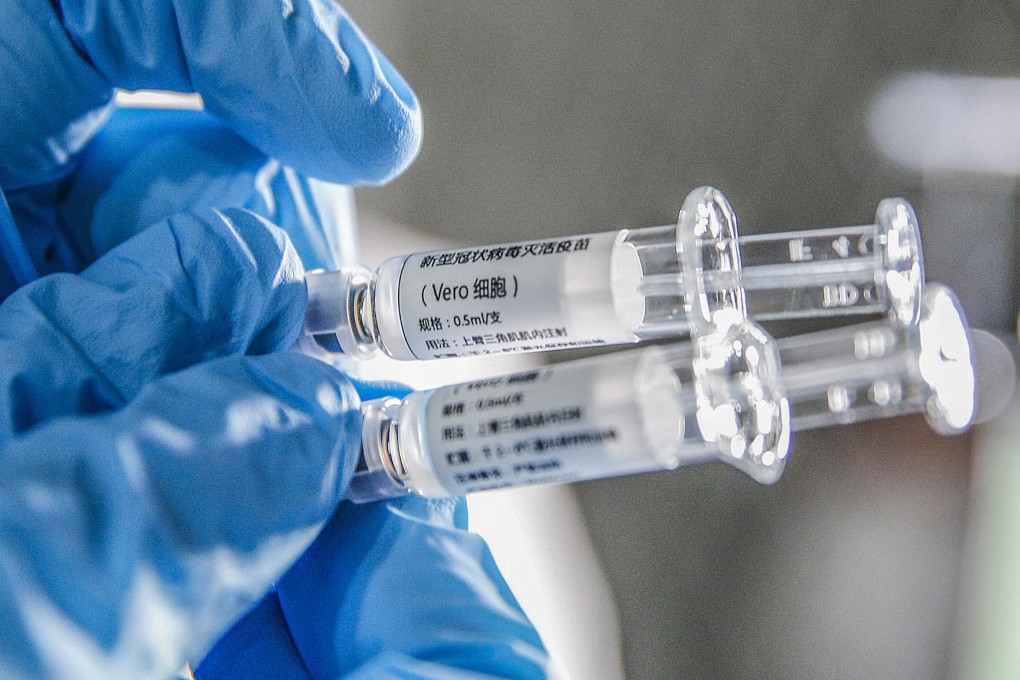Chinese military scientists record promising results from coronavirus vaccine trial
- The Covid-19 treatment triggered an immune system response in more than 100 participants in the phase one trial
- Volunteers did not suffer ‘serious’ adverse reactions, but lead researchers warn further tests are needed to determine how effective it will be

A potential Covid-19 vaccine developed by Chinese top military virologist has shown promising results in an early clinical trial, successfully triggering an immune system response in over a hundred healthy adults.
The study published in The Lancet on Friday said the phase one trial of the vaccine developed by the Academy of Military Medical Sciences and CanSino Biologics suggested it was safe.
Major General Chen Wei, the scientist leading the military researchers, said in statement: “These results represent an important milestone.
“The trial demonstrates that a single dose [of the vaccine] produces virus-specific antibodies and T cells in 14 days, making it a potential candidate for further investigation.
“However, these results should be interpreted cautiously. The challenges in the development of a Covid-19 vaccine are unprecedented, and the ability to trigger these immune responses does not necessarily indicate that the vaccine will protect humans from Covid-19.”